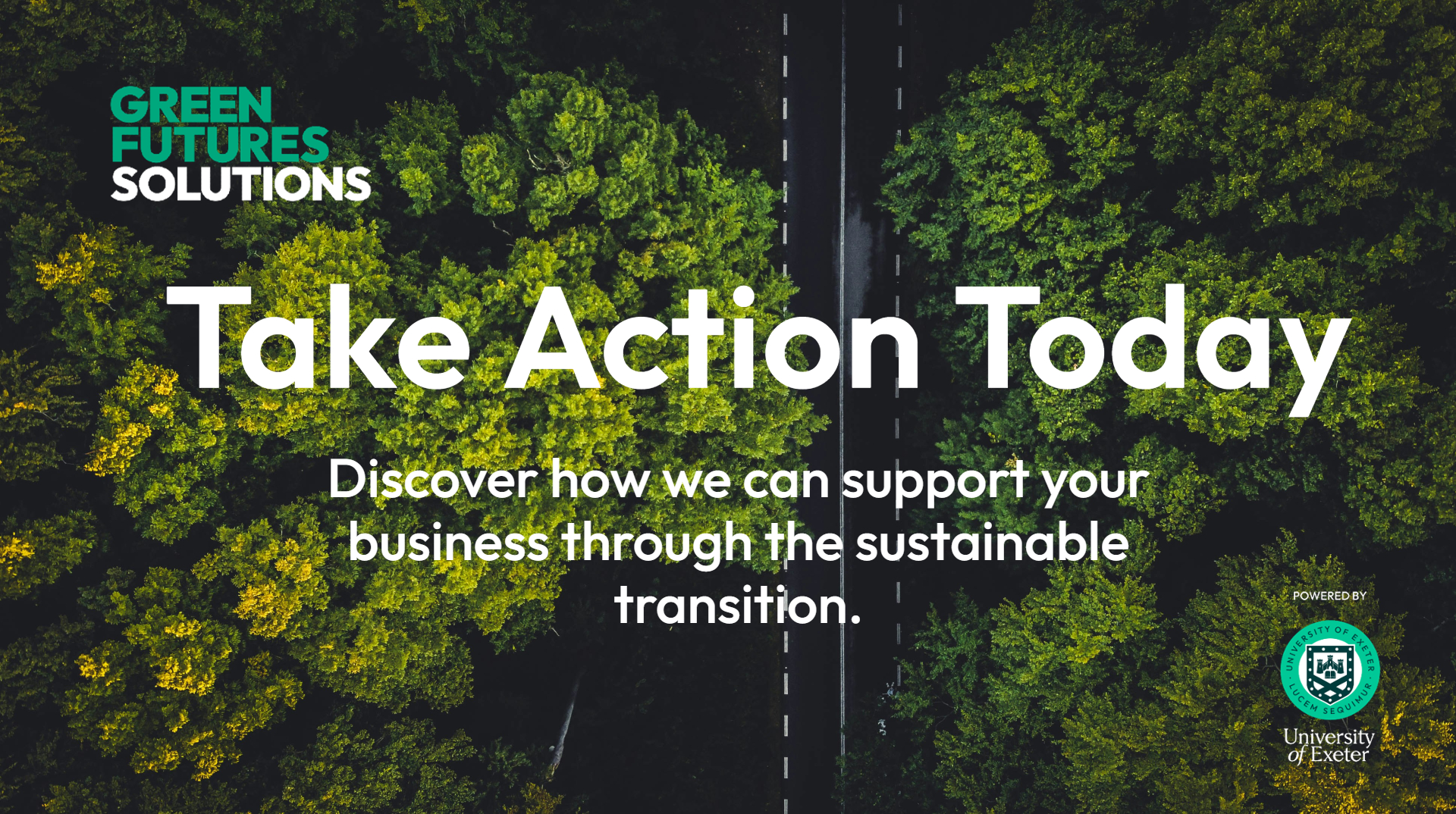Blog
How policymakers and leaders can harness ‘positive tipping points’ to speed climate progress

An Interview with Dr Steve Smith
When we talk about the climate, news of depleted rainforests and shrinking ice caps is never far off. But, while it’s crucial to raise awareness of the most devastating climate risks, emerging research suggests that what motivates climate action is not simply these future threats, but powerful stories of human solutions and ingenuity.
That’s what makes positive tipping points so appealing. Driven by the knowledge that climate systems can reach negative tipping points – where a certain threshold of change, in our ice caps for example, triggers exponential environmental damage – a group of researchers have applied the same logic of exponential change to human systems, highlighting the ways that tipping points can also work in our favour to rapidly accelerate climate solutions.
Ahead of his appearance at the Blue Earth Summit, we spoke to Dr Steve Smith, a Research Fellow at the University of Exeter and co-author of the Global Tipping Points report.
What are positive tipping points?
In short, a tipping point is the point at which a small additional change leads to a big, often unstoppable, effect. These can become self-propelling, accelerating change to a fundamentally different state. The idea originated in the natural sciences with study of climate systems and negative tipping points, but it applies to human systems as well.
The good news is that, in human societies, we see positive tipping points in all kinds of domains – from technology and finance to politics and economics. We see it happening in the rapid deployment of solar power, which is now the cheapest source of electricity in most countries. When this happens, we see this S curve of adoption where, past a certain point, change becomes exponential. Whether it’s the market for electric vehicles today or the market for motorcars in the 1920s, the process of change follows similar dynamics.
As climate change intensifies and increases the risk of triggering ‘negative’ tipping points, it becomes crucial to focus on how we can accelerate significant action. That’s where positive tipping points are key.
What can positive tipping points teach us about the opportunities for climate action?
Positive tipping points help to uncover the enabling conditions for rapid climate action. By studying these tipping points, we start to see how different groups – from policymakers and business leaders to consumers, community groups and activists – can bring about change through their collective actions.
These actions might involve shifting norms and public attitudes towards an environmental policy, so that it becomes mainstream and enters legislation, or encouraging investment in renewable energy to achieve price parity and affordability, so that it becomes an economically rational decision for consumers to switch.
These changes often take years to reach the critical threshold of a ‘tipping point’. But by bringing them to the attention of everyone involved, we can start to accelerate progress towards them. To help speed the transition, our Global Tipping Points report pinpoints some of the positive tipping points that are already underway, and others we could activate in future, along with their different enabling conditions and triggers.
What can decision-makers and policymakers do to help enable these conditions?
To trigger more positive tipping points, leaders and policymakers must incorporate systems thinking into their decision-making. This means understanding how all aspects of human activities are connected, and how strategic interventions – sometimes by small coalitions of powerful actors – can leverage change across multiple sectors, leading to larger-scale change. By embedding the concept of tipping points into future governance and policy frameworks, such as the G20 or United Nations, leaders can help build the coalitions that enable transformation in key industries such as energy, transport, and food.
Equally, it’s essential for policymakers to recognise that these shifts – while major when they occur – take time and the collective efforts of both top-down and bottom-up approaches. For this reason, all actors from global leaders to grassroots organisers need to focus on encouraging coalition-building and collaboration between diverse groups – from local communities to large organisations – so that we keep pushing towards these critical thresholds.
At the same time, they need to be aware of the ethics and unintended consequences of positive tipping points, such as emerging oligopolies, depletion of natural resources, or the risk of creating of ‘green sacrifice zones’ especially in the Global South. In advanced economies like the UK, where we have a cost-of-living crisis caused in part by high energy costs, we have a once in a lifetime opportunity to create a fair energy system with a large proportion of community-owned and run energy cooperatives. But if we transition to a new energy system that relies on large-scale offshore wind owned by a few large firms, we could miss the opportunity to create a low-cost energy democracy.
What can individuals do?
Individuals can help trigger positive tipping points by making sustainable choices in their daily lives, such as switching to renewable energy, electric vehicles or active travel. Shifting to plant-based diets or alternative proteins can also reduce emissions significantly, as food accounts for roughly 30% of global emissions.
These choices can send powerful signals to decision-makers. When one person installs solar panels or heat pumps, for example, they can inspire their neighbors and peers to do the same, leading to cluster changes in communities. Change accelerates when enough people adopt these behaviors, and once about 10-25% of a population shifts, it can create a tipping point. First movers may initially be seen as outliers, but their commitment is essential in reaching that critical mass.
The Essential Next Step
What tipping points reveal is that, while the risks of climate change could be devastating, there are equally powerful shifts we can make to correct our course. As policymakers and businesses look to solutions, understanding tipping points is essential.
To find out how your organisation can become a positive tipping points enabler and speed our progress on the climate crisis, read the Global Tipping Points report or contact Dr Steve Smith.
Related
Exeter Innovation
We are the trusted partner in transformative innovation, empowering organisations across the globe to make ecologically responsible decisions – for today and for future generations.









